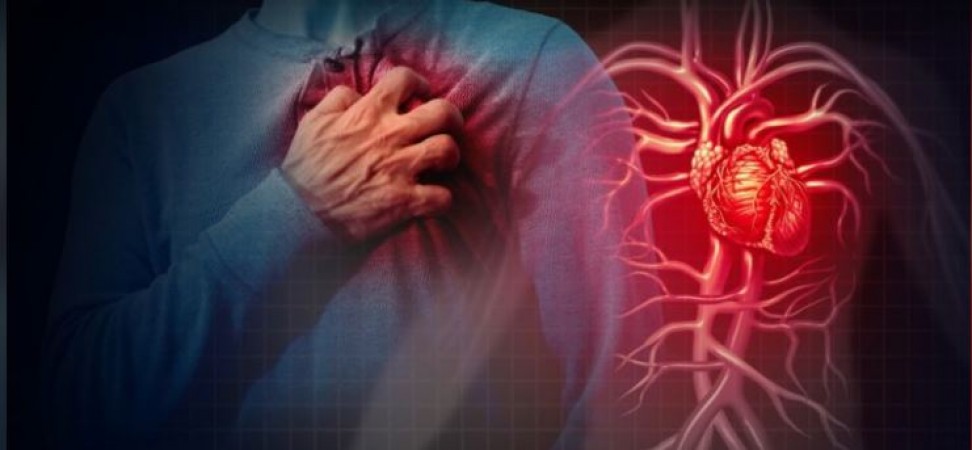Heart-related conditions can be confusing, and it's crucial to differentiate between two common terms: "heart attack" and "heart failure." While they both involve the heart, they are distinct medical events with different causes, symptoms, and treatments. Let's dive into the details of each to clear up any confusion.
Heart Attack (Myocardial Infarction):
What is a Heart Attack?
A heart attack, medically known as myocardial infarction (MI), occurs when there is a sudden blockage of blood flow to a part of the heart muscle. This blockage typically happens due to the formation of a blood clot in a coronary artery.
Causes of Heart Attack:
- Atherosclerosis: The most common cause is the buildup of plaque (atherosclerosis) in the coronary arteries, narrowing them and restricting blood flow.
- Blood Clot: A blood clot can suddenly block a narrowed artery, leading to a heart attack.
Symptoms of a Heart Attack:
- Chest Pain: Severe, crushing chest pain is a hallmark symptom, often radiating to the left arm or jaw.
- Shortness of Breath
- Sweating
- Nausea and Vomiting
- Feeling Lightheaded or Dizzy
Treatment for a Heart Attack:
- Emergency Care: Immediate medical attention is critical. Patients are often rushed to the hospital.
- Thrombolytic Therapy: Medications to dissolve the blood clot.
- Angioplasty and Stent Placement: A procedure to open blocked arteries.
Heart Failure (Congestive Heart Failure):
What is Heart Failure?
Heart failure, also known as congestive heart failure (CHF), is a chronic condition in which the heart is unable to pump blood effectively, leading to inadequate oxygen supply to the body's tissues.
Causes of Heart Failure:
- Cardiomyopathy: Weakened heart muscles.
- Hypertension: High blood pressure can strain the heart.
- Coronary Artery Disease: Reduced blood flow to the heart muscle.
- Valvular Heart Disease: Malfunctioning heart valves.
Symptoms of Heart Failure:
- Shortness of Breath: Especially during physical activity or when lying flat.
- Fatigue
- Swelling: Often in the legs, ankles, and abdomen.
- Irregular Heartbeat (Arrhythmia)
- Coughing and Wheezing
Treatment for Heart Failure:
- Medications: To strengthen the heart's pumping ability and manage symptoms.
- Lifestyle Changes: Dietary adjustments, exercise, and fluid restriction.
- Devices: Implantable devices like pacemakers or defibrillators.
- Heart Transplant: In severe cases.
In conclusion, while both heart attack and heart failure are serious heart conditions, they have distinct causes, symptoms, and treatment approaches. It's essential to recognize the differences between the two to ensure proper medical care and management. If you experience symptoms of either condition, seek immediate medical attention for a proper diagnosis and treatment plan.
The Persistence of Time: Oldest Food Brands Defying Ages
9 Veg Foods High in Zinc to Promote Hair Growth Naturally
Nutritionist's Guide to a Heart-Healthy High Cholesterol Diet
